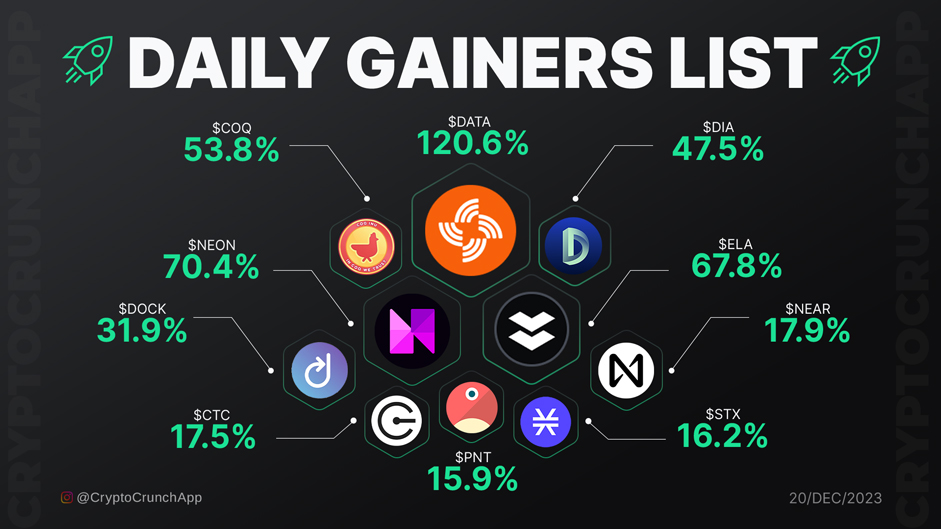2Y
...

UK’s inflation, as indicated by the consumer prices index, has fallen to its lowest in over two years, according to recent official statistics. This significant decrease is likely to fuel discussions about the Bank of England potentially lowering interest rates sooner than anticipated.
The Office for National Statistics reported a drop in inflation to 3.9% for the year ending in November, marking the lowest rate since September 2021, down from 4.6% the previous month. This decline exceeded market expectations.
A key factor in this reduction is the substantial decrease in fuel prices, contrasting with last year’s increase. Additionally, a slowdown in food price inflation contributed to this overall decline. Despite this, the Bank of England held its main interest rate steady at 5.25%, a 15-year peak, since August following a series of hikes. The Bank’s Governor, Andrew Bailey, hinted at the need for continued restrictive interest rate policies for some time. While inflation has dropped from over 11%, the highest in four decades, achieving the Bank’s 2% target remains challenging. High interest rates were initially a response to inflation spikes caused by supply chain disruptions during the COVID-19 pandemic and further exacerbated by geopolitical events like Russia’s invasion of Ukraine, which escalated food and energy costs.














